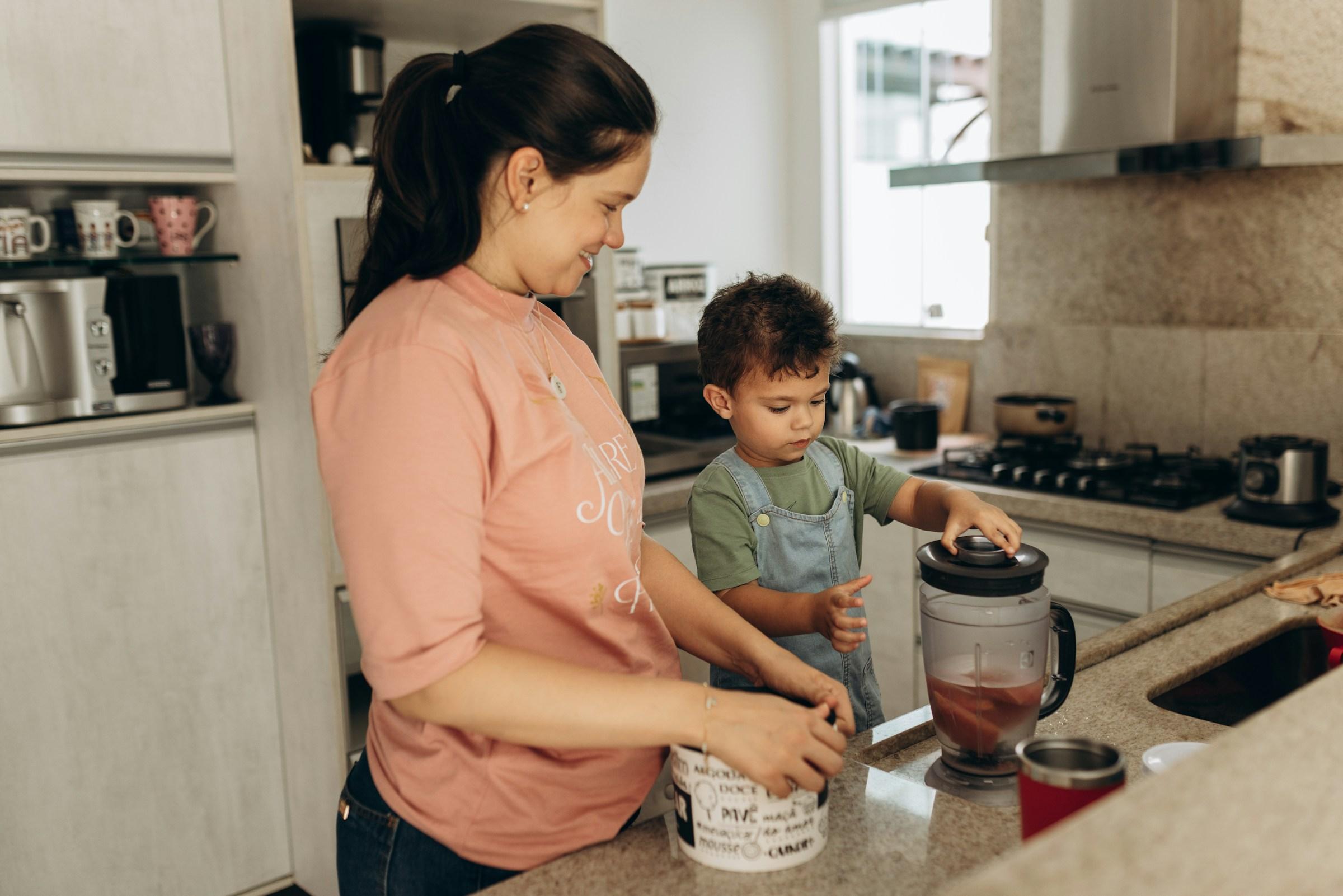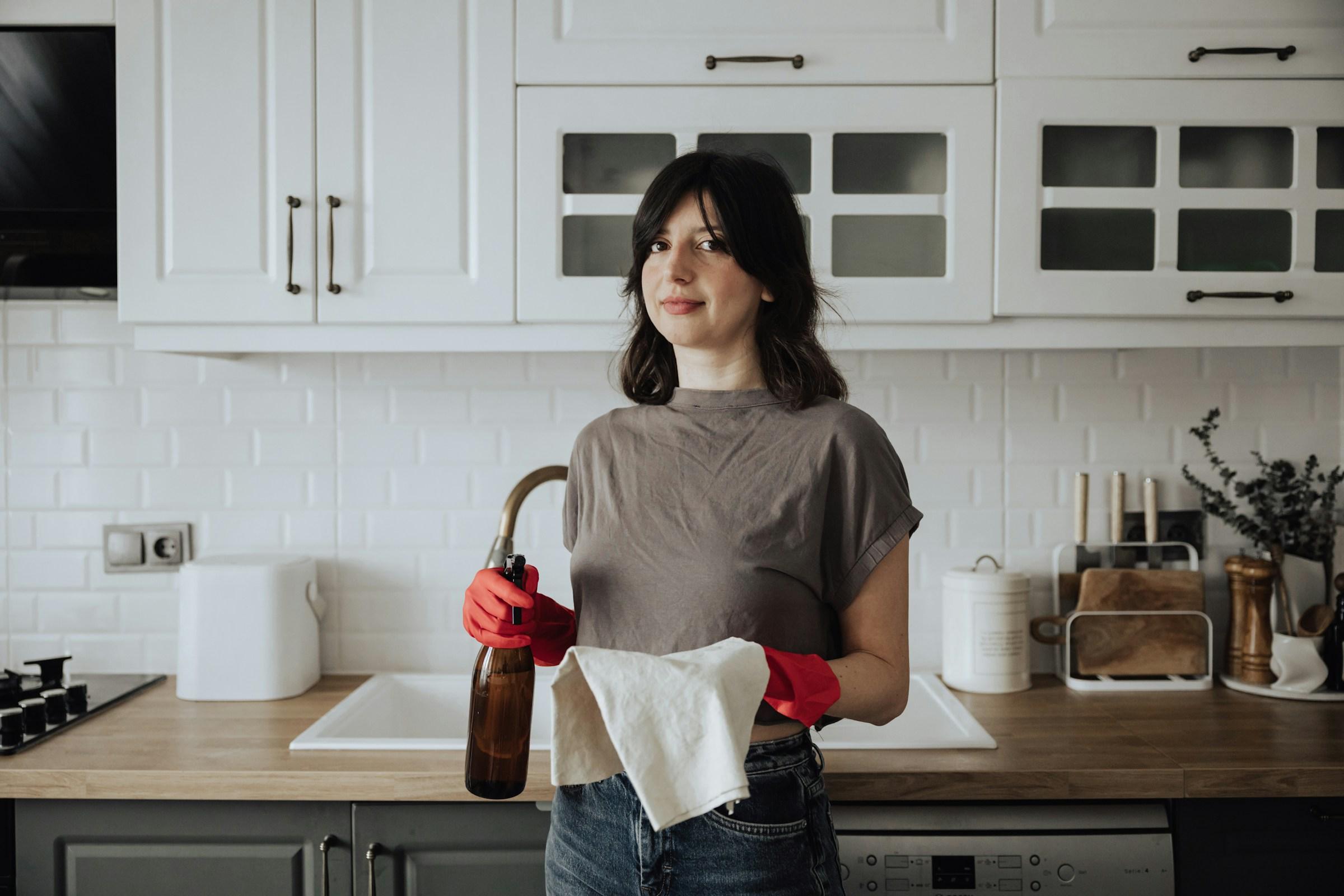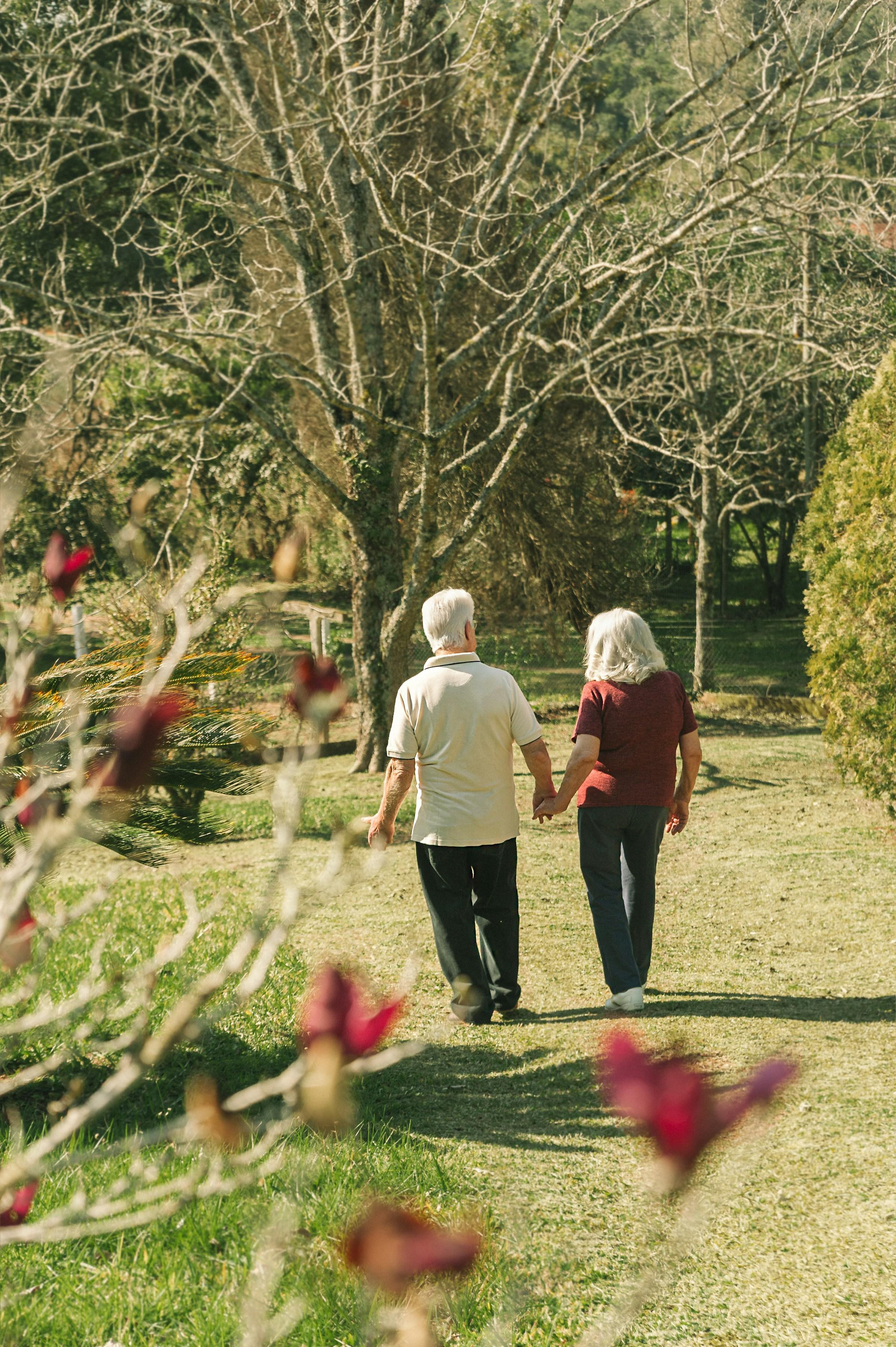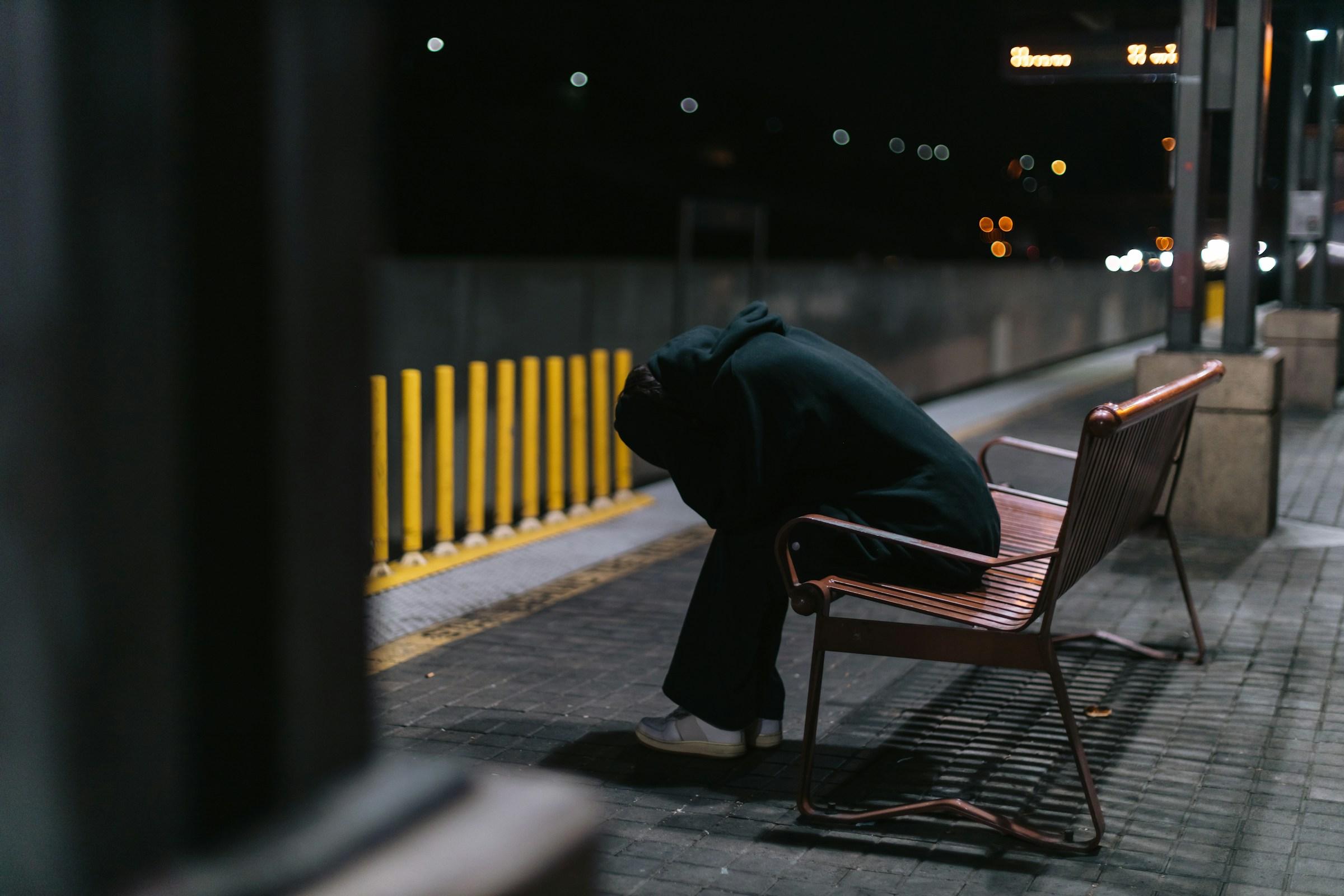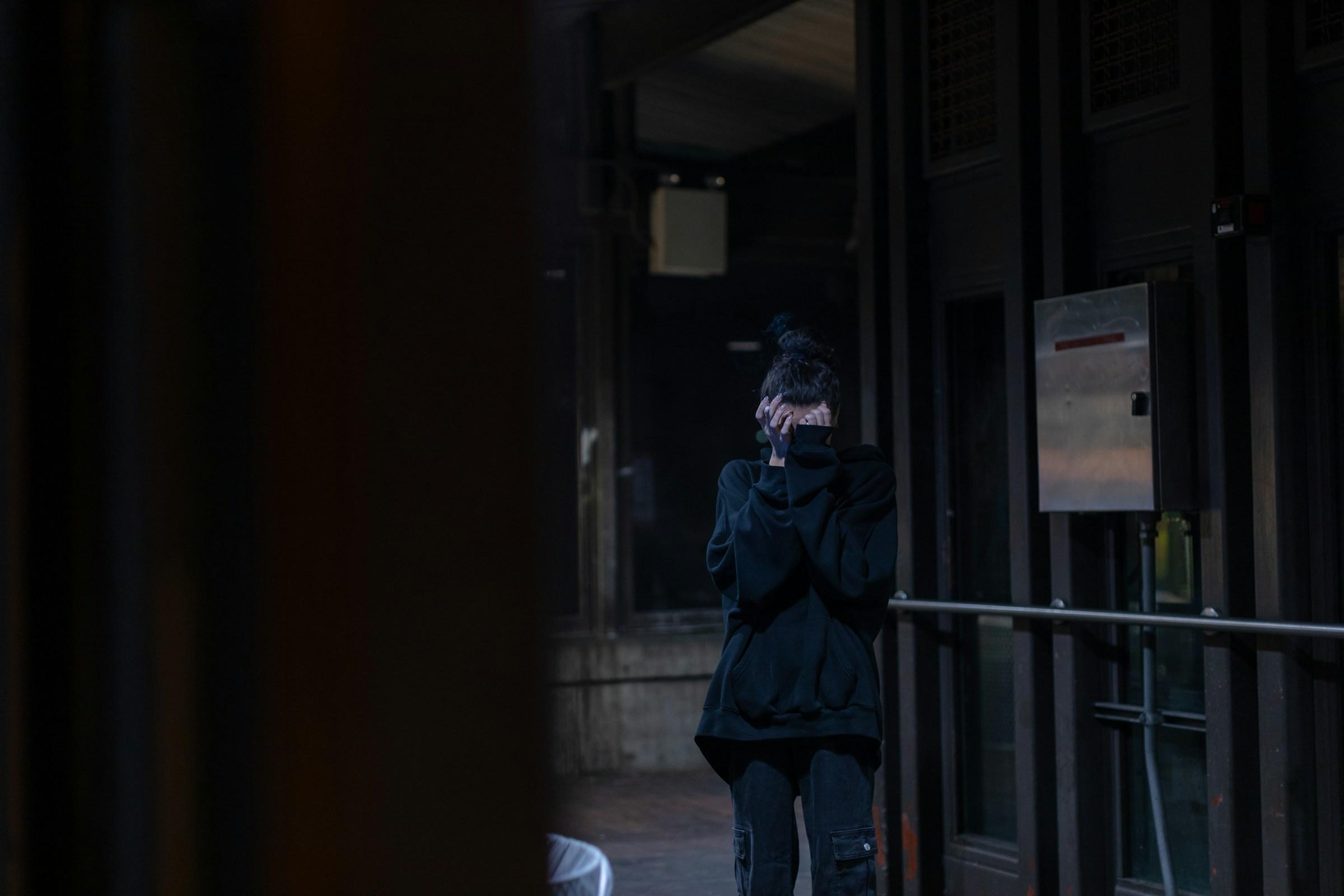Retirement can feel like walking into a quiet house after a long party. The music has faded. The lights are still warm, but the rooms no longer hum with conversation. The calendar that ruled your mornings is suddenly shy. The phone rings less. Emails do not crowd your attention before breakfast. Without the noise of deadlines, you can hear your own thoughts more clearly, and sometimes what you hear is not kind. The question can arrive with a sharp edge. What am I useful for now. How do I stop feeling useless when the role that once introduced me to the world has stepped back. The honest answer begins with design, not judgment. Your days are raw material. Your rooms, your routines, your body, and your attention can be arranged so that purpose returns in a new shape. The goal is not to rebuild your working life inside your retired life. The goal is to create an environment where meaning is easier to reach.
Start by noticing your day the way an architect studies a floor plan. Before adding furniture, a good architect walks the space. She looks for the direction of light at nine in the morning and again at four in the afternoon. She listens for traffic, for birds, for the neighbor’s radio. She learns which wall stays cool even in heat. You can walk your week this way. Without trying to fix anything, watch where your energy brightens and where it dims. Some mornings have a natural sharpness that invites making. Some afternoons ask for softer tasks like phone calls or gentle reading. Some evenings are quiet enough to welcome reflection. When you treat time like space, you stop asking every hour to do the same work. You can place the right activity in the right light. This small shift removes friction, and when friction drops, usefulness rises.
Purpose in retirement is less about title and more about material. At work, usefulness gathered around your role. Your job name carried a shape, and you wore it most days. Outside of that frame, usefulness expresses itself through properties. It can be social, practical, creative, or restorative. A social hour gives you feedback through faces and voices. A practical hour gives you results you can touch. A creative hour gives you a visible mark on a page or an object. A restorative hour gives you energy back. If you feel empty, you may be matching the wrong property to the wrong moment. Pair social energy with a weekly ritual that includes other people. Pair practical energy with tasks that end with a clear before and after. Pair creative energy with small projects that reward a short attention span. Pair restorative energy with movement that lets your mind rest while your body carries you forward.
Mornings deserve particular care. A good morning is not an aggressive performance. It is a reliable anchor. Choose repeatable steps that wake your senses. Crack a window and let fresh air travel through the kitchen. Brew coffee or tea with attention. Slice fruit with a sharp knife and notice the scent. Lay out a small station for one act of making. It could be three lines in a notebook, a two minute humming warm up, a handful of screws sorted into jars, or a quick sanding of a piece of wood to make it smooth enough to pocket. Keep it light and tactile. When your hands begin, your mood often follows. You do not need to feel inspired before you start. The small motion becomes the signal that you are here and willing.
Usefulness grows when someone expects you. This does not require a heavy volunteer contract or a complicated schedule. Choose one weekly commitment that would notice your absence. A community meal where an extra pair of hands matters. A library circle where one missing voice shifts the rhythm. A school garden that needs a steady steward for an hour on Tuesdays. The power is in dependable presence. On the day your commitment arrives, you will feel that gentle tug that says you belong. Belonging is a quiet antidote to the feeling of uselessness because it reminds you that your time is part of a shared pattern.
Your home can help you signal contribution if you let a corner become a studio. A studio does not need to be large. It needs to be visible and intentional. A shallow shelf with jars for hooks and nails becomes a fix it station for friends. A sewing machine on a clear table invites mending that travels in from your doorstep. A box of blank postcards with a bowl of stamps becomes a place where short notes can leave the house and soften someone else’s day. Put your studio where you will see it rather than in a closet. Visibility turns a good idea into motion. When a tool is within reach, your hands will reach for it more often.
Let your body lead some of the planning. Many people tie usefulness to thought alone and then feel heavy when thoughts are not cooperative. Movement changes the conversation. Walk for twenty minutes and trace a friendly loop that passes at least one tree. Stretch your spine and let the breath return to your ribs. Practice balance while the kettle warms. Carry groceries with your shoulders low and your jaw unclenched. The point is not performance. The point is circulation. When blood moves, thoughts soften and new ideas arrive without force. It is common to discover that as soon as you stop trying to prove usefulness and start moving kindly, the day opens.
Curiosity is a living thing. Feed it like a plant. You do not need a formal program to become a beginner again. You need a start line in your house. Keep a small stack of three books within reach. One that teaches a technique, one that tells a human story, one that shows diagrams or images worth copying. Rotate the stack each month. Pair it with a notebook that welcomes messy notes and taped clippings. The goal is not mastery. The goal is continuity. Over time the pages become proof that your attention has weight. This is a different kind of usefulness. It is inward at first and then often travels outward because what you learn wants to be shared.
Rest also belongs to the work of a life. During your career, rest might have felt like an intermission between tasks. In retirement, rest supports the other tasks and gives them shape. Create a small ritual that says to your nervous system that recovery matters. Draw a sheer curtain to soften afternoon light. Keep a glass of water within reach. Reduce noise without chasing perfect silence. If a nap arrives, let it be short and guilt free. If it does not, read a page or practice slow breathing that lengthens the exhale. When you treat rest as a valued task, you return to movement with patience. Patience makes you more generous with others and with yourself. That generosity is useful.
Meals can turn into rituals of connection instead of chores. Set the table even when you eat alone. Use a placemat, a plate with a pleasant weight, cutlery that does not clang. Light a candle in daylight simply because it changes the room for fifteen minutes. Invite someone once a week who does not expect a show. A neighbor who will share cut fruit after the market. A grandchild who will crack eggs and make imperfect pancakes. An old friend who will bring bread while you simmer a pot of soup. Usefulness does not always look like leading. Often it looks like hosting well, which is another way of making space where others feel welcome.
You likely own skills that went quiet while work demanded focus elsewhere. Retirement gives you permission to widen the lane again. Think about what once came easily. Fixing bikes. Keeping herbs alive on a balcony. Singing harmony without thinking. Choose one to reintroduce. Build a small practice around it. If music wants to return, warm up your voice during a weekday morning while the house stretches awake. If plants are calling, set a watering rhythm that follows both the sun and your own patience. If tools want to be held, visit a makerspace for a month and choose a modest project that rewards finishing. The act of finishing, even when the object is small, strengthens your sense that your time moves the world forward in a visible way.
Change the question you use to measure your days. Instead of asking what do you do, ask what are you making possible. The first question can trap you in labels. The second opens a field. You might be making possible a calmer morning for a neighbor by offering a ride. You might be making possible confidence for a teenager who will remember that you looked them in the eye and fixed their bike. You might be making possible a less burdened home by taking on tasks that used to live only in your partner’s mind. You might be making possible your own health by walking the same loop at the same time until your body trusts the rhythm. When you look for what you make possible, you will find that usefulness is already present, just quieter than the old metrics.
A simple Daybook can help you see it. Each evening, write three short lines. What did you notice. Who felt lighter after you spoke to them. What did your hands finish. If nothing obvious appears, write that you showed up for the check in. The Daybook is not a scoreboard. It is a lantern. On foggy weeks, you can flip through and find evidence that meaning collects in pencil lines, not only in headlines.
Allow seasonality to guide you. You are not a machine. You cycle. Let your purpose cycle too. In rainy months, your usefulness may live in the kitchen and over the phone. In bright months, it may live in the garden and on the sidewalk. During holidays, it may live in writing cards and delivering small parcels. When you stop judging the cycle and start arranging for it, you feel less like you are failing and more like you are cooperating with a pattern older than your work life.
As usefulness returns, requests will find you. This is both a gift and a test. Protect your renewed energy with boundaries that are clear and kind. Say yes to what aligns with your studio, your body, and your curiosity. Say not this season to what pulls you toward resentment. A boundary stated with care keeps you generous for longer. You are designing a life that can last. You are not sprinting for approval.
People around you may still hold the old story that retirement equals absence. Gently update it. Share a sketch of your week. Invite them into a ritual that fits your energy rather than your old calendar. Watch a weekday matinee when the theater is quiet and talk afterward in a calm cafe. Walk through a market at opening time when vendors have space for conversation. Visit a gallery early and stand in front of one piece without apology. Show them that your time has changed shape, not value.
On days when the question returns with volume, shrink the horizon. Improve one thing within reach. Move a plant to a better window. Oil a squeaky hinge. Write a thank you note to someone who steadied you last week. Cook a pot of soup and carry half to a neighbor who could use a bowl they did not have to make. Usefulness thrives on proximity. Grand plans can wait. Care for the next hour.
If grief sits beside you, give it a chair. Many people discover that the feeling of uselessness is braided to losses that did not have room to speak while work kept everyone moving. Create a corner that holds memory with tenderness. A photo, a scarf over the back of a chair, a candle at dusk. You are not trying to fix grief. You are giving it a place so it does not spill into every room. When grief belongs somewhere, purpose can visit other rooms without guilt.
The voice you use with yourself matters more than any tool. Speak to yourself as you would to a friend who has just retired after years of steady contribution. You would not tell them to hurry up and prove their value. You would hand them water. You would ask what kind of day they want to remember tonight. You would help them slide a chair closer to the window. You would remind them that a life does not lose value because a job title has been put away. A life changes materials. Wood becomes clay. Clay becomes paper. Paper becomes song. The hand that guides the process is the same hand that held the office door open for colleagues and packed a lunch for decades.
The feeling of uselessness does not mean you lack worth. It means the old frame that held your days has been set down, and the new frame has not solidified yet. Frames take time. You are allowed to experiment with angles and light. You are allowed to draft and erase. You are allowed to invite others into the room to see what you are building and to offer help. As you keep arranging the space, you will notice a pattern. What you repeat becomes how you live. Repeat warmth in the morning. Repeat contribution on a day someone counts on you. Repeat movement when your mind is loud. Repeat rest when your body asks. Repeat kindness toward yourself while the room of your life finds its new layout.
In time, the question shifts. Instead of asking how do I stop feeling useless, you will ask what wants to grow next. That is a better question for a season that has earned its quiet and its freedom. You will answer it not with speeches but with rooms that are ready, with tools within reach, with a body that trusts its loop around the block, and with a calendar that contains small bright promises. You will answer it with the way you welcome people to your table, the way you repair what is within reach, the way you let curiosity tug at your sleeve. You will answer it with the softness you offer yourself when the day is only ordinary. Ordinary is where most of our life lives. Make ordinary kind and steady, and usefulness will stop feeling like a verdict you need to prove. It will feel like air moving through an open window. You will breathe without trying. You will look around your quiet house and realize it is not empty. It is yours.






.jpg&w=3840&q=75)
